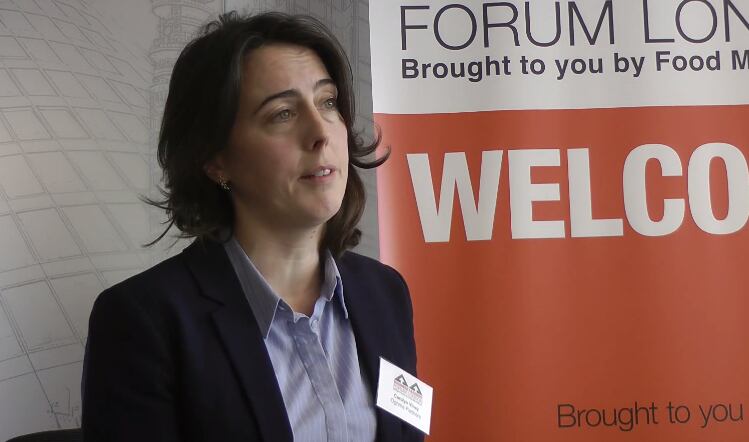In a letter to the House of Commons, the bosses of 12 major retailers stated: “We are extremely concerned that our customers will be among the first to experience the realities of a no-deal Brexit.”
They warned: “We are also concerned about the impact of tariffs.”
Contingency plans would be insufficient to tackle all risks, so they feared “significant disruption” to food supplies in the short term if the UK left the EU in March without a withdrawal agreement.
Delayed at Calais, Dover
Nearly a third of all the food UK shoppers eat came from the EU, they maintained. All the evidence suggested these imports would be delayed at either Calais or Dover, with some products more vulnerable than others.
“In March the situation is more acute as UK produce is out of season: 90% of our lettuces, 80% of our tomatoes and 70% of our soft fruit is sourced from the EU at that time of year,” the letter stated. "As this produce is fresh and perishable, it needs to be moved quickly from farms to our stores.
“This complex, ‘just-in-time’ supply chain will be significantly disrupted in the event of a no-deal. Even if the UK Government does not undertake checks on products at the border, there will still be major disruption at Calais, as the French Government has said it will enforce sanitary and customs checks on exports from the EU, which will lead to long delays.
‘Reduce availability’
“Government data suggest freight trade between Calais and Dover may reduce by 87% against current levels as a result. For consumers, this will reduce the availability and shelf life of many products in our stores.”
The letter’s authors warned that, in a no-deal scenario, the UK would default to World Trade Organization (WTO) Most Favoured Nation status, increasing tariffs on many products substantially and hiking up import costs. Under WTO rules, the UK could set all import tariffs to zero, but this would lead to the market being flooded with products that were substantially cheaper than those produced domestically, dealing a huge blow to the competitiveness of UK farmers.
The retailers said they were trying to protect themselves from the damage a no-deal EU exit would cause by stockpiling. But they added: “All frozen and chilled storage is already being used and there is very little general warehousing space available in the UK.”
'Limited options'
“Even if there were more space, it is impossible to stockpile fresh produce, such as salad leaves and fresh fruit. Retailers typically store no more than two weeks’ inventory and it becomes difficult to restock stores if the supply chain is disrupted. We are also attempting to find alternative supply routes, but there are limited options and not enough ferries, so this could only replace a fraction of the current capacity.
“We are therefore asking you to work with your colleagues in parliament urgently to find a solution that avoids the shock of a no-deal Brexit on 29 March and removes these risks for UK consumers.”
Who signed the letter?
- Mike Coupe, chief executive, J Sainsbury
- Roger Burnley, chief executive, Asda (Stores)
- Steve Rowe, chief executive, Marks & Spencer
- Jo Whitfield, retail chief executive, The Co-op
- Rob Collins, managing director, Waitrose
- Darcy Wilson-Rymer, chief executive, Costcutter Supermarkets
- Paula MacKenzie, chief executive, KFC UK & Ireland
- Clive Schlee, chief executive, Pret A Manger
- Christian Hartnagel, chief executive, Lidl
- Richard Pennycook, chairman, British Retail Consortium
- Helen Dickinson, chief executive, British Retail Consortium
- Paul Pomroy, chief executive, McDonald’s Restaurants




